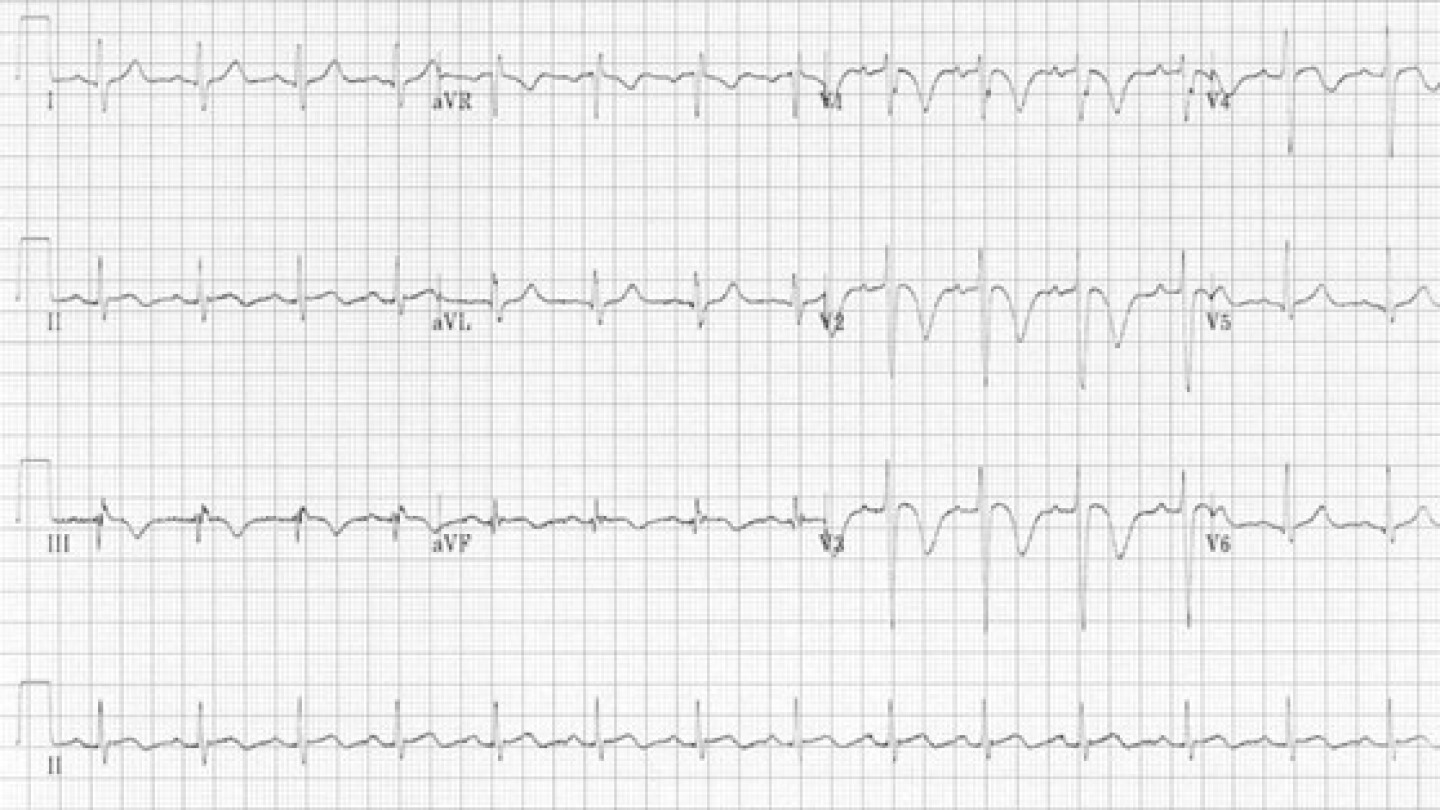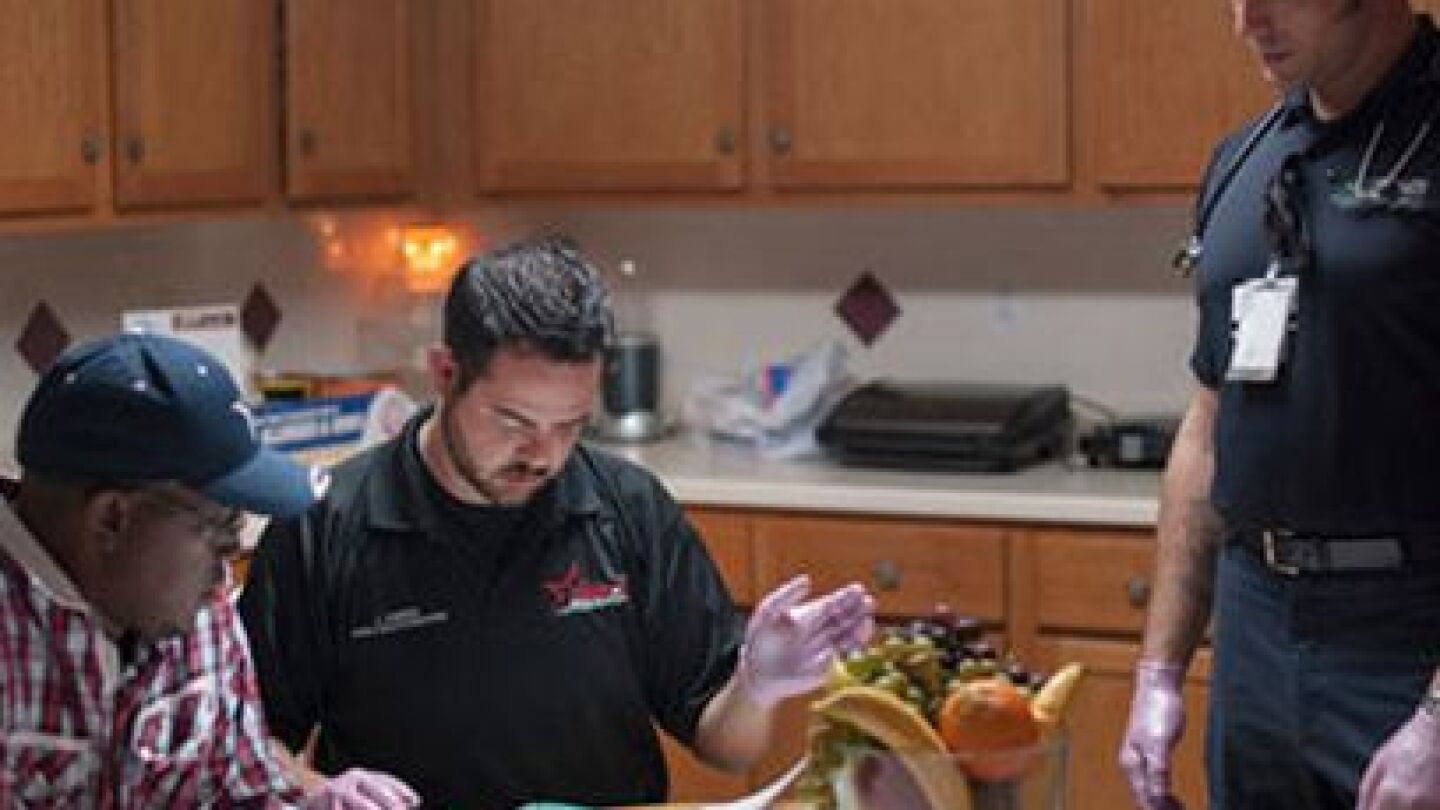EMS1 Research Center
The EMS1 Research Center serves as a central access point for critical prehospital medicine research that can help drive operational and policy changes at the local, state and federal level.
Get insights into EMS provider behavior and beliefs related to hot topics like fatigue management, and participate in EMS1 polls and surveys.
Additionally, find the latest information about research conducted by esteemed EMS organizations, such as the American Ambulance Association, and National Association of EMS Physicians, among other organizations focused on provider health and wellness, patient assessment and treatment, and a variety of safety issues.
POCUS, ECG and assessment findings to look for to avoid the RV spiral of death
“There, I said it. I do not like your pretty ambulances and I don’t think they contribute to the safety of our responders.”
Examining the research on physician- vs. paramedic-led teams
Despite 100 years of science, the flu virus too often beats our best defenses because it constantly mutates
Scientists said they have unveiled the structure of a receptor protein as it binds to a morphine-related molecule for the first time
A study on the keywords used in stroke 911 calls identifies a need for community education and the utility of EMD protocols
After completing a domestic violence training for medical professionals, the beliefs of EMS providers about domestic violence were assessed
The study showed that 50 percent of patients with chronic pain who were treated with topical analgesics discontinued their opioid medications
In 2016, 42,249 people died from opioid overdoses, compared to the 41,070 people who die from breast cancer annually
Two economists conclude that Uber availability has reduced EMS ambulance transport by 7 percent in major U.S. cities
Professor Matthew Becker developed a polymer mesh that releases a pain reliever over time, and dissolves into the body while remaining non-toxic
Officials said EMTs and hikers could carry the medication to help stall the spread of rattlesnake venom through the body
A group of surgeons at the University of Michigan are trying a new approach with post-surgical patients to decrease their risk of addiction
Interested in learning more about the scope and growth of mobile integrated health and community paramedicine? Start right here
The amount was more than six times higher than previous studies, accounting for around 2.8 percent of gross domestic product
A compensation study found that Greene County lost 20 percent of its EMS providers since July 2016 and is only fully staffed 70 percent of the time
EMS Trend Report 2017 findings highlight the importance of fatigue management as a safety issue for both caregivers and patients
Only 39 percent of women suffering cardiac arrest in a public place were given CPR versus 45 percent of men
A report by Senator Mike Lee’s office said younger Americans who are single or divorced and uneducated are dying from opioids more frequently
The new study found that simple, non-opioid alternatives work just as well for patients with broken bones or fractures
Two recent studies offer insight into the difficulty of recovery and who is more likely to become addicted to opioids
Research offers solutions to EMS providers’ hesitation regarding additional duties, hours and changing perception CP programs may bring
Some experts suggested it could be because of the state’s demographics or the type of heroin available
Researchers at the University of Queensland Institute for Molecular Bioscience found that spider venom is more effective in treating nervous system disorders
Researchers found that cardiac arrest survival rates remain low in the U.K. due to the lack of knowledge and skills to perform CPR
Data shows that 64,070 people died from overdoses in 2016, compared to the 58,200 that died in the Vietnam War
Officials are skeptical of the study that said one fewer person has died a month of an opioid overdose since the sale of legal marijuana
The therapy will be administered like an EpiPen, injected into a snakebite victim in the field to buy the person valuable time to get to the hospital
“It’s a demographic that people are more reluctant to challenge,” Hartford Healthcare Network Senior VP Patricia Rehmer said
Union officials are campaigning for paramedics to be given the opportunity to retire at the age of 60
The study suggested that dispatchers begin asking callers if they have a car and can take victims to the nearest trauma center
Recommendations to reduce lights and ambulance siren use to less than 50 percent of responses and 5 percent of transports presented during EMS Focus webinar
Visits climbed to a record high of 141.4 million in 2014, according to the Centers for Disease Control


















